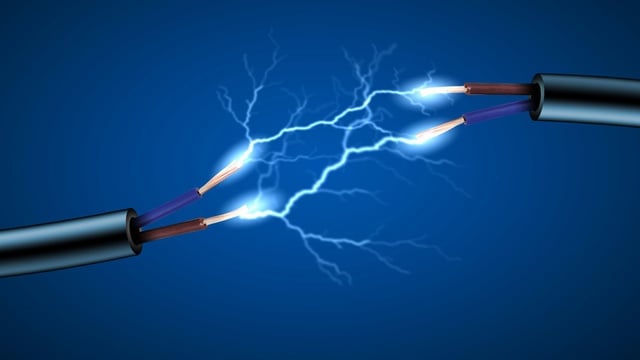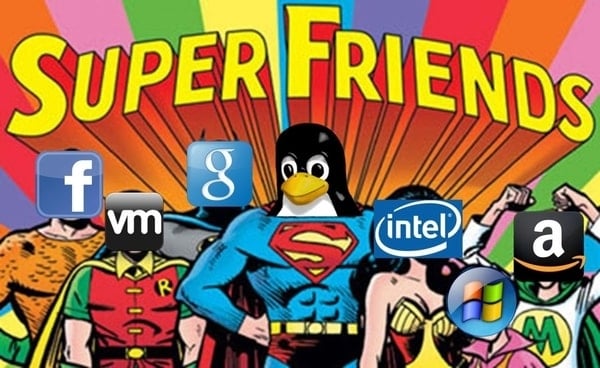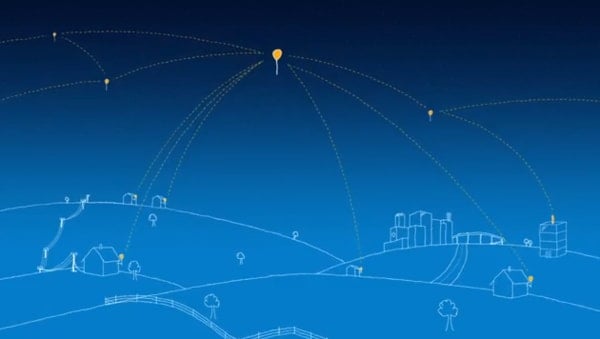
Electronic Blood Could Power the Future of Data Centers
May 6, 2014
The Tech Superfriends Reunite to Take on FCC and Net Neutrality
May 8, 2014By the end of 2014, the UN predicts 3 billion people will have Internet access….via balloons…
The UN just released a report that by the end of 2014 nearly 3 billion active, unique users will be on the Internet. 3 billion is a lot—and if Google would have their way, that number will be reached by the helping hand of Project Loon. The silly-named project just got a boost by Google announcing that they intend to lease the Internet-carrying balloons to existing telecommunications companies in various countries. Hooray for Internet-filled balloons!
UN’s Internet Connectivity Report
That UN report shows that 3 out of 4 people in Europe will have Internet, compared to 2 out of 3 in the US, 1 in 3 in Asia, and 1 in 5 in Africa. They estimate that by the end of the year, there will be nearly 7 billion mobile Internet subscriptions, coming close to the number of people on the planet. Obviously, babies don’t have smartphones, so that number includes people having multiple devices: smartphones, tablets, laptops, etc. Leave it to the people who think they’re sooooooo important that they need to carry around two cell phones. Ohh, look at you, Mr. Fancy Business Pants: “I’m so important, I need a cell phone for work and for personal and one specifically to do things I hope my wife doesn’t find out about!”
This is where Google’s Project Loon comes in, because Google recently announced that they will begin leasing the Internet-filled balloons to existing telcos around the world. Initially, they were all, “Let’s buy a Wi-Fi spectrum!” but then realized that to buy one in literally every country on the planet would take a lot of money and time. So they decided that instead of spending all that cash that they’d just let other people do it and get paid in the process. Classic capitalism.
Essentially, when a Google Project Loon balloon (I GET IT. LOON, BALLOON. IT ALL MAKES SENSE) floats over a country, a telco provider can lease it for the time that it’s floating and then deliver Internet to people who wouldn’t normally get Internet. Thus, the interconnected world will continue to grow, reaching that 3 billion number.
I always wonder what it’ll be like when people who don’t have access get access for the first time and realize that it’s just filled with cat pictures and pornography.

